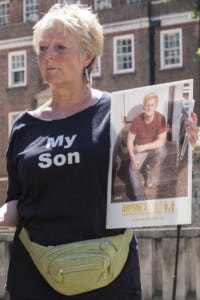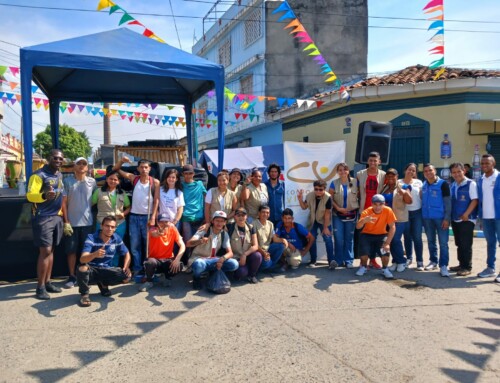This blog was written by our intern, Olly
Last week, I had the pleasure of working for Transform as an intern. It was a fascinating time, the undoubted highlight of which was travelling to Westminster, on 26 June, alongside the Anyone’s Child campaign. In tandem with the UN’s International Day against Drug Abuse and Illicit Trafficking, the aim was to lobby MPs to legislate to end the failed war on drugs and reform our regressive drug laws. It was a moving and inspiring day, which hammered home to me the devastating human cost of our failed drug laws and that the case for reform is beginning to gather momentum.
During the build-up to 26 June, press interest in drug policy had swollen prompted by Canada legalising recreational cannabis and the controversial confiscation of Billy Caldwell’s cannabis oil. It was an exciting moment to be immersed into the world of drug policy, as the movement for change appeared to be gaining impetus. To prepare myself for the trip I had absorbed myself in the literature surrounding drug policy and revisiting facts familiar to those who advocate drug reform, ranging from the support for cannabis legalisation amongst Britons to the fact fifty people die each week in the UK from drug overdoses.
 These pieces of evidence are powerful in their own right, but after arriving in London and talking to members of the Anyone’s Child families my perspective was shifted. I spoke to Chris, who was warm and genial, and who later I discovered had lost her son Jake at the age of twenty-two after a long struggle with drug addiction. He died alone, without support, in a Bangkok hotel room. If Jake had been offered help and treatment in the UK, this could have been avoided. Whilst we waited to meet MPs, I heard many similar stories, of brave people who had come to London to lobby against laws that cost them friends and family. Over these hours, my shock and sadness deepened as the consequences of failed policy were made flesh.
These pieces of evidence are powerful in their own right, but after arriving in London and talking to members of the Anyone’s Child families my perspective was shifted. I spoke to Chris, who was warm and genial, and who later I discovered had lost her son Jake at the age of twenty-two after a long struggle with drug addiction. He died alone, without support, in a Bangkok hotel room. If Jake had been offered help and treatment in the UK, this could have been avoided. Whilst we waited to meet MPs, I heard many similar stories, of brave people who had come to London to lobby against laws that cost them friends and family. Over these hours, my shock and sadness deepened as the consequences of failed policy were made flesh.
Yet in spite of this, it was a day when it felt like hope was winning over despair, and rationality’s influence grew against prejudice. As activists met through the day with over a dozen MPs, including Home Secretary Sajid Javid MP, there was a real sense of optimism, that our elected representatives were beginning to listen, and engage with a conversation that for so long has fallen upon deaf ears within Westminster. This progress was shown at the end of the day when five MPs each from a different party (Jeff Smith MP – Labour, Caroline Lucas MP – Green, Crispin Blunt MP – Conservative, Vera Hobhouse MP – Liberal Democrat, and Ronnie Cowan MP – SNP) spoke to activists in the College Garden, commending them on their hard work and urging them to continue fighting this injustice. Their warm words were well received and whilst nobody there was expecting a change over night, it did feel as if this cause is gaining traction.
It was a positive way to bring to close an exhausting but valuable day. The conversations I had developed my perspective and deepened my belief that reform is required and achievable. I felt energised and empowered by the people around me. It would be easy for them to feel angry about the injustice of their experience or impotent in the face of the establishment, but rather they have decided to fight for positive change and to protect other people from experiencing similar devastating losses. As Chris said in the final words of a speech she delivered at the end of the day – ‘I can’t believe this has happened to my family, and if the law is reviewed it may never happen to yours.’
If you were unable to be in Westminster on 26 June, but want to help change to Britain’s drug laws, you can do so by lobbying your MP – either by emailing them, or arranging a meeting either in Parliament or your constituency.







A great comment on the day and much how i felt too. I think a change is coming hopefully within my lifetime. Great to meet you Olly